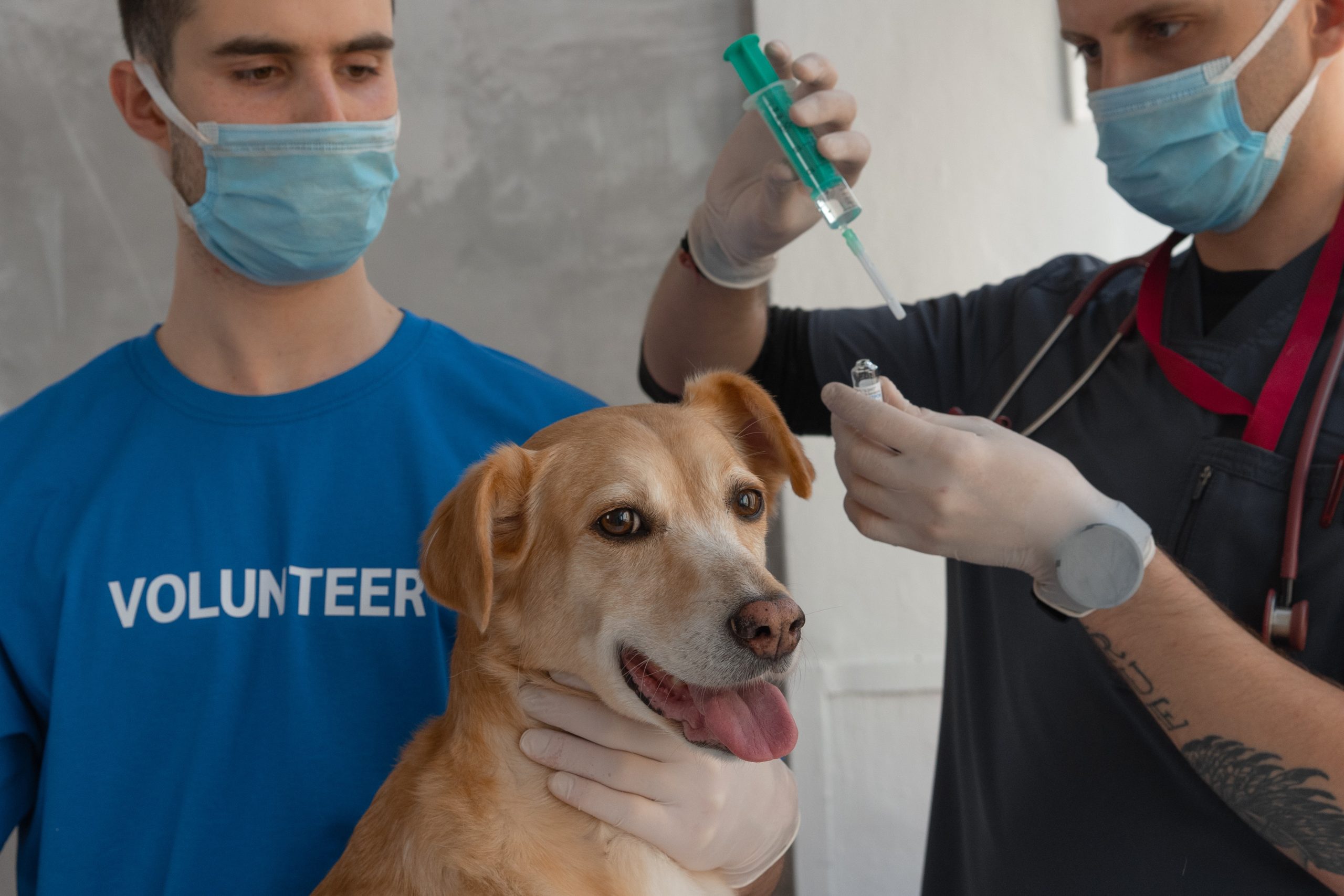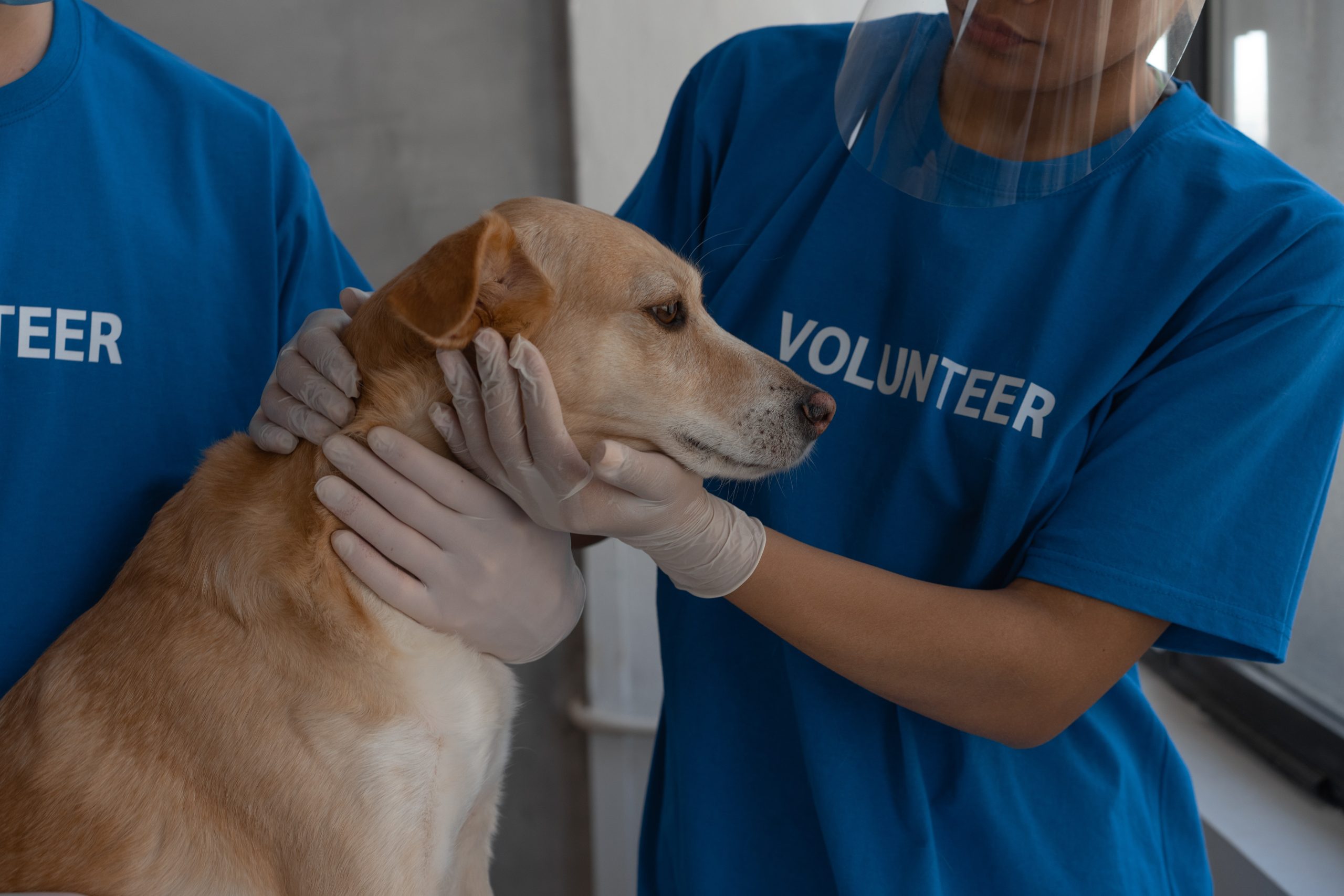In the unpredictable journey of pet ownership, emergencies can arise without a moment’s notice. Whether it’s a sudden illness or an unfortunate injury, knowing where to turn for specialized care can make a crucial difference in your pet’s health and well-being.
This article sheds light on how to navigate the daunting experience of a pet emergency with confidence and preparedness. We’ll dive into recognizing the signs of an emergency, seeking the right veterinary support, and ensuring that your beloved furry friend receives the best possible care during critical times.
What Constitutes a Pet Emergency?
- Unusual lethargy or unresponsiveness,
- Difficulty breathing or unexplained coughing,
- Extreme pain, which could be indicated by vocalizing, limping, or changes in behavior,
- Sudden changes in appetite or severe gastrointestinal symptoms,
- Evidence of poison ingestion or exposure to toxins.
When faced with these alarming signs, immediate action is paramount. A calm and quick response, coupled with the knowledge of your pet’s normal behavior, can make all the difference. Keep your vet’s emergency contact details accessible, and if in doubt, err on the side of caution and seek professional advice at once.
Types of Specialized Pet Emergency Services
When the unthinkable happens, and your pet is in dire need of medical attention, knowing the different avenues for emergency care can alleviate the panic. From 24-hour emergency veterinary clinics that offer round-the-clock service to specialized pet hospitals focusing on critical care, options are available to suit the severity of your pet’s condition.
For situations where time is of the essence, mobile veterinary emergency units provide prompt care at your doorstep, ensuring that every second counts in protecting the life of your pet.
Identifying a Qualified Emergency Care Provider for Your Pet
- Accreditations and certifications that providers should have
- Specific training and experience in emergency pet care
When choosing a provider, arm yourself with questions that ascertain their ability to handle your pet’s emergency. It’s vital to know the level of post-graduate training the staff has completed, the infrastructure facilities present, such as in-house labs and X-ray machines, and the availability of specialists such as surgeons or cardiologists.
The Role of Veterinary Specialists in Emergency Care
- Cardiologists: Heart-related emergencies
- Neurologists: Brain and nerve issues
- Surgeons: Requires immediate surgical intervention
Seeking help from a veterinary specialist may be necessary if the emergency involves a particular organ system or condition that general veterinarians do not treat regularly.
Preparing for a Pet Emergency
No one hopes for an emergency, but being prepared is crucial. A well-stocked pet emergency kit should include basic first aid supplies, any ongoing medications your pet needs, and a list of emergency contact numbers. Understanding your pet’s medical history and keeping thorough records can also play an invaluable role when time is critical.
First Aid Training for Pet Owners
If you’re eager to be thoroughly equipped for any situation, consider enrolling in a pet first aid course. This knowledge can empower you to provide initial care that might stabilize your pet before professional help is available. Resources that can provide this life-saving training are widely available online or through community organizations.
Understanding the Costs of Specialized Emergency Care
Emergency care, with its specialized services and resources, can carry significant costs. It’s prudent to discuss payment options with your provider beforehand and to explore financial assistance programs or pet insurance that can shoulder a part of the strain in these nerve-wracking situations.
Collaboration Between Your Primary Vet and Emergency Care Providers
Your primary vet’s familiarity with your pet’s health history is invaluable, and sharing this with emergency care providers ensures a continuum of care that can be crucial for recovery.
Facilitate communication between your primary vet and the emergency care team to enable a seamless treatment experience for your pet.
Continuing Care After an Emergency
Emergencies can have lingering effects on your pet’s health, necessitating continued care or rehabilitation services. Partner closely with your vet to design an aftercare plan that supports your pet’s recovery journey and long-term health.
Technological Advancements in Emergency Veterinary Care
From sophisticated imaging techniques to minimally invasive surgery, the landscape of emergency veterinary care is continually evolving. Cutting-edge treatment options brought about by advancements in technology are enhancing the success of emergency interventions and offering new hope to pet owners during times of crisis.
Dog and Cat Services
For dog and cat owners seeking a reliable emergency care option, facilities like a Turlock vet hospital offer comprehensive services tailored to your pets’ needs. These establishments handle not only medical crises but also provide routine care to maintain your companion’s health year-round.
Emergency Vet
When selecting an emergency vet, ensure that they have the expertise to handle the intense demands of pet emergencies. To find out more about their qualifications and services, you can visit their websites or give them a call. The more information you have, the more confident you’ll feel in your choice should an emergency arise.
Cat and Dog Boarding
Sometimes, the best option for your pet while you’re away or during the recovery phase from an emergency is a boarding service focused on providing a safe and nurturing environment. By choosing reputable dog boarding services in Turlock, you can rest assured that your pet receives the care and attention needed in your absence.
Conclusion
Pet emergencies are stressful, but with the right knowledge and preparation, you can navigate these challenges with greater ease and confidence. By equipping yourself with the information in this article and maintaining a proactive approach to your pet’s healthcare, you can provide the specialized care that your pet deserves in their times of need.




